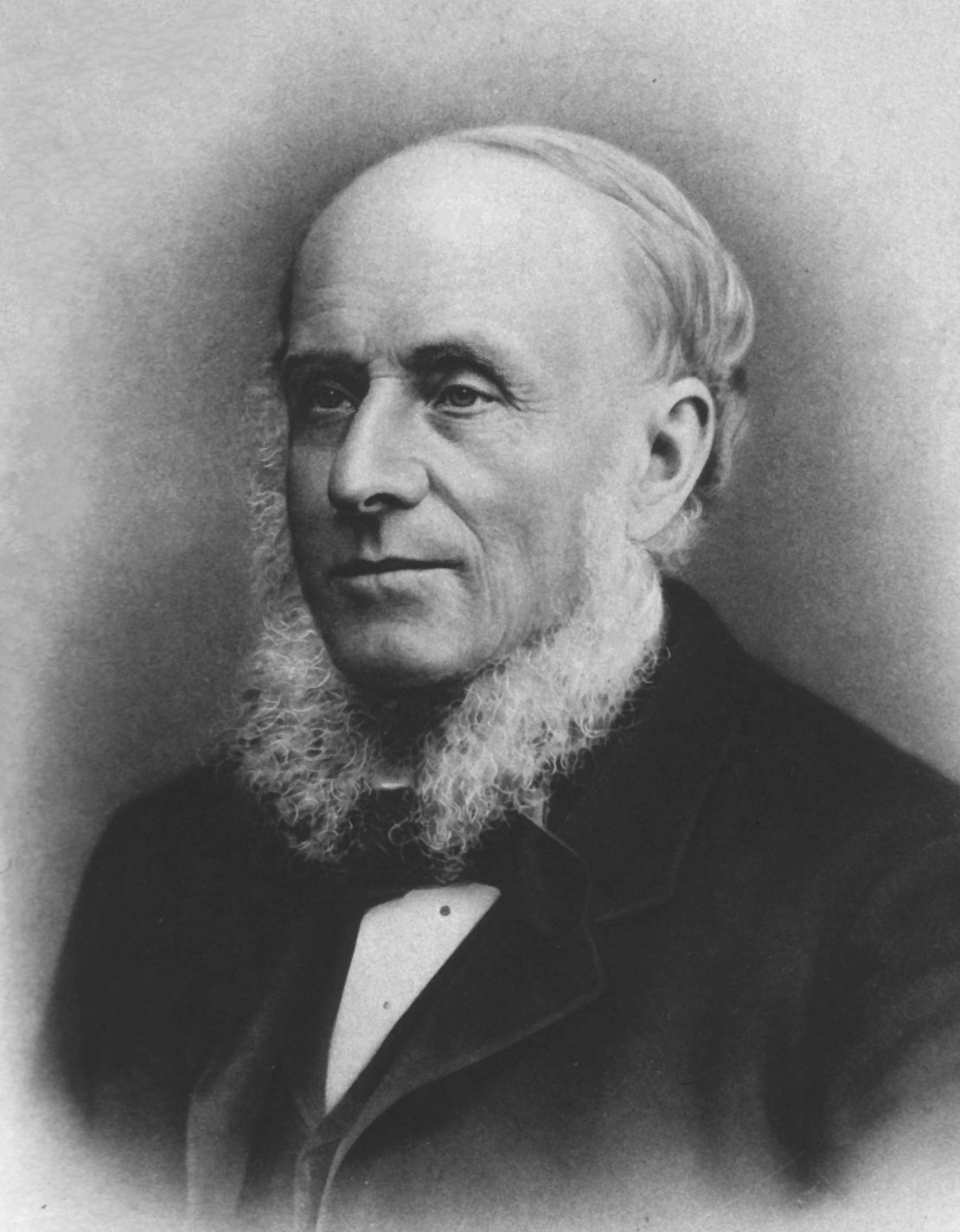seeing the world in terms that the computer can understand. By far the most pervasive form of database is the relational, which has almost entirely replaced the older hierarchical, tree, and network models and continues to hold sway over the newer object oriented model
This reminds me of when Boyle mentioned how we see a different view of the world through technology like drones and trains. Here, we see how we also change ways we organize our thoughts in order to correspond to technological capabilities.




